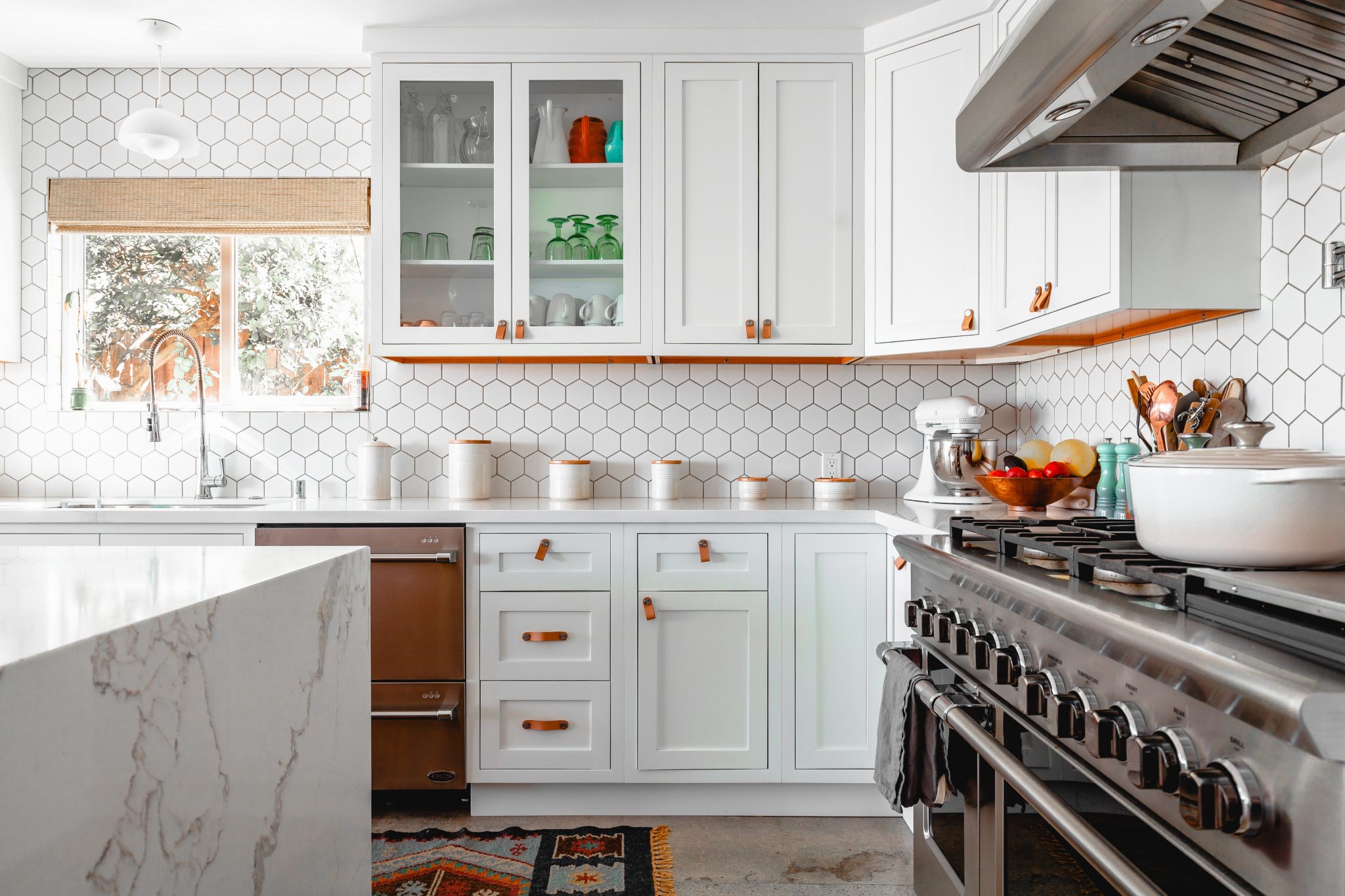Whether you are renovating an existing kitchen or building a new one, there are lots of important things that you need to keep in mind. The kitchen essentials include appliances and utensils. Here are a few expert tips that may help you:
Focus On Your Menu
Plan out your menu before buying anything. A common mistake that many people make is shopping for appliances that they may not need. You can avoid this by creating a shopping list that matches your menu. Create a menu for your home before anything else. It will help you determine what you really need.
Consider Your Space
Purchase kitchen essentials that match your space and its needs. Do not buy appliances that cannot fit into your kitchen or are too small. Before you start shopping, measure your space and find out what fits where. It would be a waste of money to buy costly essentials for your kitchen only to realize that they do not go through the doorway or do not fit in your kitchen. If you have trouble determining the right-sized appliances for your home, consider seeking professional help.
Budget
Create a budget and stick to it. Kitchen equipment can be expensive but you do not have to spend more than necessary. If you do not have a clear budget, it is easy to spend more than necessary. While it is okay to be flexible with your budget, do not go overboard.
Your goal should be to strike a balance between what you can afford and quality. Do not settle for low-quality appliances as you may need to replace them soon. While you do not need to go for top-of-the-line equipment, the cheapest is not your best option either.
Get Everything You Need
When buying kitchen essentials, ensure that you have everything you need. Buying everything at once may help you get a discount. The most important things to get for your kitchen include knives, tongs, cookware, measuring spoons, baking tins, prep bowls, garlic press, and can openers. Your kitchen essentials will vary depending on your menu and needs.
Check for the ENERGY STAR ® Label
Purchase energy-efficient kitchen appliances and equipment. They are good for the environment and may help you save on energy bills. Even though the initial cost of such equipment may be high, it is worth it in the end. The ENERGY STAR ® label is the best way to identify efficient appliances. The label is somewhere on the packaging or product. It is an indication that the equipment you are buying has met EPA requirements.
Functionality
All your kitchen essentials need to be functional and easy to use. If they are too complicated, they may be a waste of money. Always choose user-friendly models that are easy to maintain and handle. If an appliance or equipment demands a lot of effort or time to operate or maintain, you may have trouble optimizing its benefits. Pick functional brands over complicated ones.
Consider Material
Kitchen appliances come in various styles and all of them are appropriate for different needs. Common materials include copper, stainless steel, wood, and aluminum. Make a decision based on your needs before you go shopping. When buying range cookers, for example, carbon steel is your best option. The material cools down and heats up fast.
Warranties
Get as much information about warranties as you can. When trying to find appliances and equipment for your new kitchen, do not let fancy features and flashy gadgets distract you. Always read the fine print and ensure that you have the right warranties. Consider how long the warranty lasts, what it covers, who you need to contact for repairs, and when the warranty may be ineligible. Warranties are a great way to save money down the road.
Style
Come up with a theme for your kitchen before you go shopping as some appliances will be more suited for your home than others. Pick appliances that match your style if they meet other requirements. Where possible, avoid kitchen essentials that do not match your style. A beautiful kitchen will motivate you to cook more.
There are plenty of things that you may need for your kitchen. However, there are plenty of options in the market, and picking the right one can be a challenge. Tips that may help improve your experience include: creating a budget and sticking to it, shopping around your menu, picking the material that matches your needs, and checking appliances for energy efficiency.


